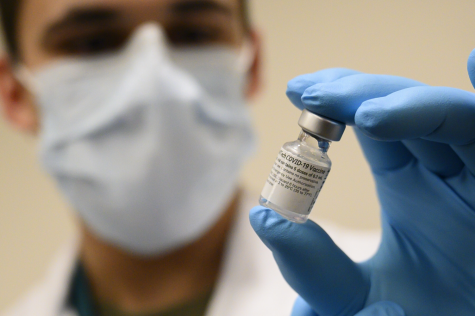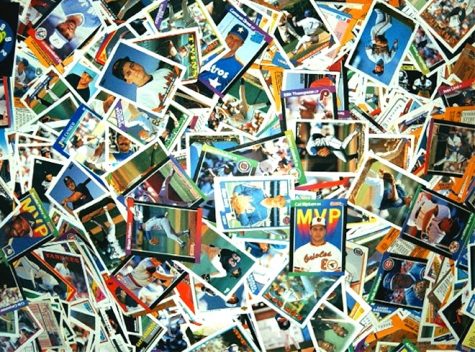The Gift of Life: Kidney Donation
Claire Evelyne Edwards is the daughter of Carl Edwards, who is in need of a kidney after battling chronic kidney disease.
Thirty million people are now battling chronic kidney disease across the United States, including Carl Edwards, my dad. He is 39 years old and has been battling chronic kidney disease for over a decade.
Carl has two daughters — Bryanna Edwards and me, his oldest daughter — with his wife Alexandra Edwards.
Chronic kidney disease does long-lasting damage to kidneys that can worsen overtime, not allowing the kidneys to function correctly. As the kidneys begin to fail, waste tends to build up which can lead to some serious symptoms or other health-related problems. If the kidneys fail completely, patients are left with only two choices: begin dialysis or receive a kidney transplant, which can take many years, according to the American Kidney Fund, a non-profit organization working for Americans with kidney disease.
Dialysis is an artificial source of machinery used to eliminate unwanted waste, salt and water from the blood. People can live off of dialysis their entire lives in order to survive until they receive a kidney. My dad is currently on dialysis and is hooked to a machine every single day for a total of 8 hours. As anyone could imagine, this is not an easy transition; it’s the only source my dad can rely on since his kidneys are only functioning below 15 percent.
Anyone healthy and 18 or older has the ability to become a living kidney donor. On average, every 14 minutes one person in need of a kidney is added onto the waiting list. About 100,000 people are waiting for a kidney today in the United States. Donating a perfectly healthy kidney could enhance and save one’s life, leaving the donor and recipient (the one receiving the kidney), with one functioning kidney — enough to live a normal, healthy life. If you become a living kidney donor and later in life need a kidney, you will automatically be placed on top of the waiting list since you have already given one to save someone’s life.
Carl is a loving and caring father to his family of three, continuing to be a living role model for his two daughters. To ensure my dad will live a normal, healthy life without the use of a machine, anyone can be a donor as long as they meet the requirements: be overall healthy and meet the age of 18 or older.
If you are interested in being a donor for my dad, here is a link to a form that you will fill out for further instructions on following through with testing.
If you’re curious about the various kidney donations you could be involved in, here is a link to all of the information, explaining each donation further.












